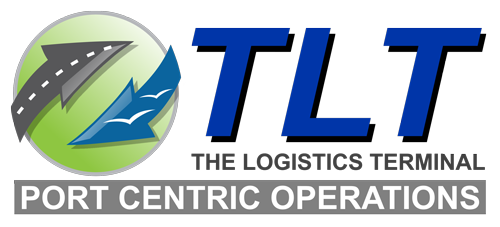Freeport
A Freeport is a designated area, often within a country’s borders, where goods can be imported, manufactured, and re-exported without being subject to the usual customs and tax regulations. Here’s a breakdown of how a Freeport operates and what it offers:
- Customs Advantages: Goods entering a Freeport are not subject to standard tariffs, duties, or import taxes when they arrive. Taxes are only paid if the goods move out of the Freeport into the domestic market, providing cash flow advantages and reducing upfront costs for businesses.
- Economic Incentives: Freeports often offer benefits such as tax reductions or exemptions, simplified customs procedures, and more flexible planning regulations to encourage business activity and investment.
- Business and Trade Facilitation: Freeports attract businesses involved in logistics, warehousing, and manufacturing by offering opportunities to add value to products through activities like assembly, processing, and repackaging before re-exporting them.
- Job Creation and Economic Growth: By attracting diverse industries and businesses, Freeports stimulate local economies, create jobs, and drive regional economic development.
- Innovation and Investment: With the incentives provided, Freeports can become hubs for innovation by attracting investment in technology and infrastructure, supporting business clusters, and fostering collaboration across industries.
- International Trade Boost: Freeports can act as strategic trade centers for international commerce, encouraging import-export activities and enabling companies to distribute goods more efficiently across the global supply chain.
- Global Competitiveness: By lowering costs and increasing efficiencies in the supply chain, Freeports enhance a country’s or region’s competitiveness in international trade, attracting foreign direct investment and boosting exports.
Overall, Freeports are designed to provide a business-friendly environment that fosters economic growth, encourages trade and investment, and supports job creation through strategic advantages in customs and taxation.
